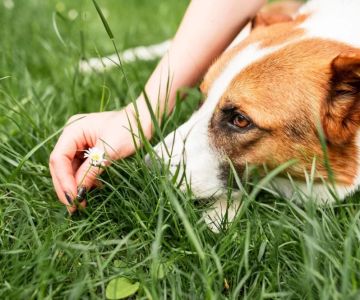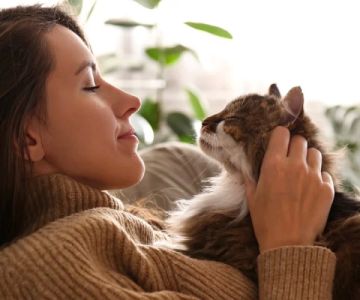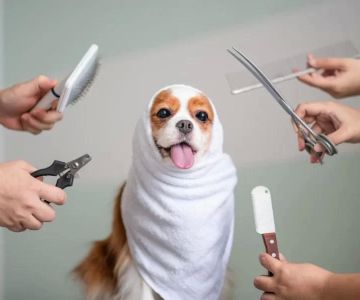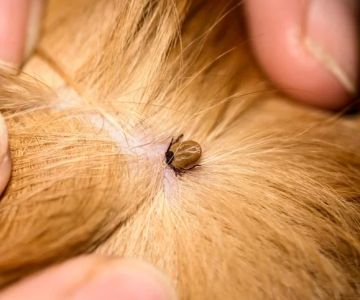Signs of Dehydration in Cats
Dehydration in cats is a serious condition that can lead to severe health problems if not addressed promptly. Cats, like humans, need a proper balance of fluids to keep their organs functioning well. But unlike dogs, cats tend to hide their illnesses, making it harder to spot when something is wrong. Dehydration is one of those conditions that might go unnoticed for a while. In this article, we will explore the signs of dehydration in cats, the causes, and how to keep your feline hydrated to ensure its health and well-being.
1. What Causes Dehydration in Cats?
Dehydration in cats occurs when they lose more fluids than they take in. Several factors can contribute to this condition, including:
- Inadequate Water Intake: Cats can sometimes be picky about drinking water, especially if they don’t have access to fresh, clean water or if they are fed dry food, which contains little moisture.
- Illness: Vomiting, diarrhea, or fever can lead to fluid loss in cats, making them more susceptible to dehydration.
- Hot Weather: Cats are more prone to dehydration in warm environments where they may be less inclined to drink enough water.
- Kidney Disease: Older cats, especially those with kidney disease, are at higher risk for dehydration because their kidneys are less efficient at conserving water.
- Diabetes: Cats with diabetes can suffer from dehydration due to high blood sugar levels that cause excessive urination.
Now that we know what causes dehydration in cats, let’s look at the signs to watch for.
2. How to Spot Dehydration in Cats
Recognizing the early signs of dehydration can be the difference between a quick recovery and a more serious health issue. Below are common signs of dehydration in cats:
- Dry Mouth and Gums: When a cat is dehydrated, its gums may appear dry or sticky. You can gently press your finger against the gums and see if they return to their normal color quickly. If the color doesn’t return in a few seconds, this could be a sign of dehydration.
- Reduced Skin Elasticity: A simple test to check for dehydration is the skin tent test. Gently pull up on the skin at the back of your cat’s neck. If the skin doesn’t return to its normal position right away, your cat could be dehydrated.
- Sunken Eyes: Dehydrated cats often have dull or sunken eyes. If your cat’s eyes seem to lack their usual shine and appear slightly sunken into their sockets, this is a concerning sign.
- Lethargy and Weakness: Dehydration can make your cat feel weak and tired. If your cat is not as playful or active as usual, or if it’s having trouble moving around, dehydration could be a factor.
- Loss of Appetite: Cats that are dehydrated often refuse to eat. This lack of interest in food may be because dehydration causes nausea or a general sense of unwellness.
- Increased Heart Rate or Panting: While panting is more common in dogs, cats can also pant when they are severely dehydrated, particularly if they are overheating or stressed.
If you notice one or more of these signs in your cat, it is crucial to take action quickly to prevent the condition from worsening.
3. How to Prevent Dehydration in Cats
Prevention is always better than cure, and keeping your cat properly hydrated can significantly reduce the risk of dehydration. Here are a few tips:
- Provide Fresh Water Daily: Ensure your cat has access to fresh, clean water at all times. Some cats prefer running water, so a pet water fountain could encourage them to drink more.
- Feed Wet Food: If your cat is reluctant to drink water, consider adding wet food to their diet. Wet food contains a significant amount of moisture, which can help keep them hydrated.
- Keep the Environment Cool: If you live in a hot climate or during the warmer months, make sure your cat has access to a cool and comfortable space to avoid overheating.
- Monitor Health Conditions: Cats with health conditions like kidney disease or diabetes need regular check-ups with the vet. If your cat has one of these conditions, managing the illness can help prevent dehydration.
Keeping your cat’s hydration levels up is essential for its health, especially for senior cats or those with underlying medical issues.
4. Treatment for Dehydrated Cats
If your cat is already showing signs of dehydration, it’s important to seek veterinary help immediately. Treatment will depend on the severity of the dehydration. Here’s what a vet may do:
- Intravenous (IV) Fluids: For severe dehydration, the vet may administer fluids through an IV to quickly rehydrate your cat.
- Subcutaneous Fluids: For less severe dehydration, your vet may administer fluids under your cat’s skin to help restore hydration levels.
- Oral Rehydration: In mild cases, your vet may recommend oral rehydration solutions or offer water and electrolyte solutions to help your cat hydrate.
- Treating the Underlying Cause: If dehydration is caused by an illness such as kidney disease or diabetes, your vet will also treat the underlying condition to prevent future dehydration.
Proper and timely treatment is crucial in reversing dehydration and ensuring your cat’s recovery.
5. When to See a Veterinarian
If you suspect your cat is dehydrated, it’s always best to err on the side of caution and consult a veterinarian. Even mild dehydration can cause health problems over time, and early intervention can help prevent serious complications. Immediate veterinary attention is necessary if your cat shows signs of severe dehydration, such as lethargy, sunken eyes, or inability to eat or drink.
Your vet will be able to perform tests to determine the extent of dehydration and recommend the best course of action. Never hesitate to reach out to a professional, as they can provide the necessary treatment and advice tailored to your cat’s individual needs.
6. Conclusion
Dehydration in cats is a serious condition that requires prompt attention. By recognizing the signs early, preventing dehydration, and seeking veterinary help when necessary, you can ensure your cat stays healthy and hydrated. Keeping your cat properly hydrated is a key part of responsible pet care. If you’re ever unsure about your cat’s hydration status or need advice, don’t hesitate to reach out to trusted professionals like [Hidden Brook Veterinary] for assistance.
SEO Title: Signs of Dehydration in Cats SEO Keywords: dehydration in cats, signs of dehydration in cats, how to prevent dehydration in cats, cat dehydration treatment SEO Description: Learn how to identify and prevent dehydration in cats with these helpful tips. Recognize the signs, understand causes, and ensure your cat stays healthy and hydrated.









